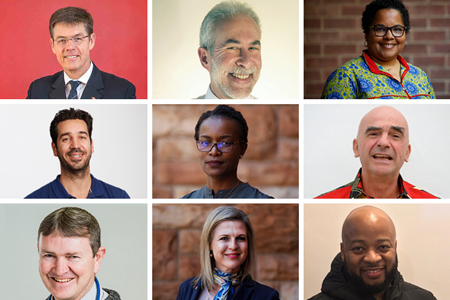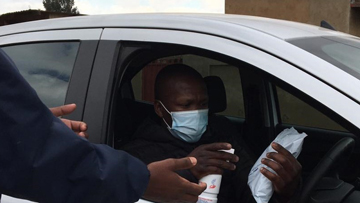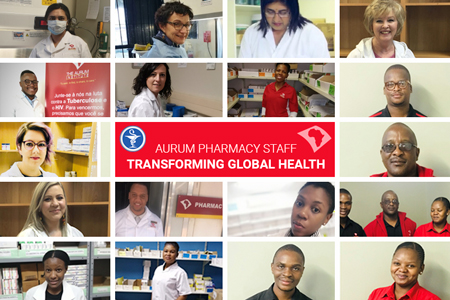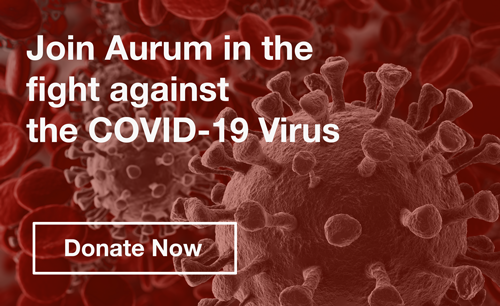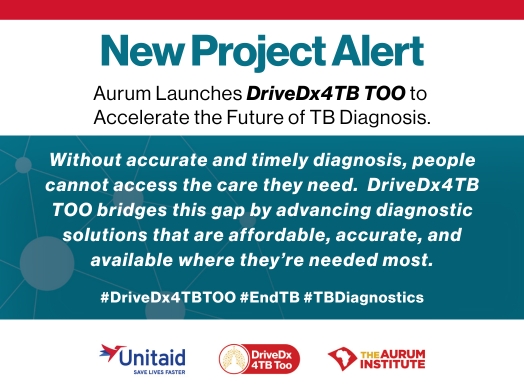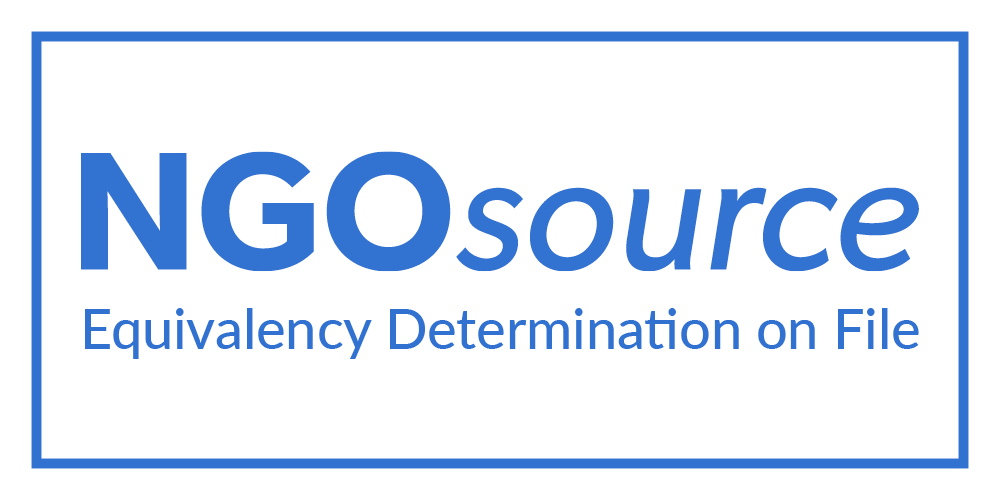Aurum recently completed a research study aimed at ultimately establishing youth friendly sexual and reproductive health services.
The study evaluated the feasibility of enrolling adolescents and assessing the uptake of essential health services within a youth friendly clinical trial setting. It was conducted at Aurum’s Rustenburg Clinical Research site, which has a youth centre designed to cater specifically to young people. It is a youth friendly environment, equipped with computers and free internet, games and comfortable bean bag seating for young people to enjoy.
The study, sponsored by the International AIDS Vaccine Initiative (IAVI), assessed the willingness of young people to participate in clinical research, whether they can be retained for the duration of their study participation and if we will see change in their sexual behaviour over time. The participants aged between 12-19 years eligible for the study, included those who were willing to provide consent to participate for 12 months, were willing to be tested for HIV, pregnancy and STI’s and willing to answer personal questions regarding their sexual behaviours. The study was a simulation of a vaccine clinical trial, so it was imperative that they were HIV negative and not pregnant during screening.
Health challenges
Funeka Mthembu, Project Manager at the Rustenburg Clinical Research Site said this was an important study to help address health challenges related to HIV among this particular age group. “It is the leading cause of death among 10 to 24-year-olds and is also the second leading cause globally. This age group engages in high-risk sexual behaviours that is unprotected sex, risk of coerced, forced, transactional and age-disparate sex, multiple sexual partners. There is not a lot of access to youth friendly health care, and we needed to understand the transition from childhood to adulthood, where there is increased desire to exploring relationships, gender norms and sexuality,” she said.
Participants aged 12 to 17 years required parental consent prior to the recruitment to participate in the study. “Our team of youthful, energetic and driven research assistants would provide study information to parents through community group meetings or forums. and word quickly got around to parents in the area. Interested parents would then be invited for a screening visit at the clinical research site. I think the eagerness of parents is indicative of the demand for youth friendly healthcare services in our communities,” said Mthembu.
Credit to staff
Youth between 18-19 years, who were initially recruited from youth centres, also referred their friends to the clinic. Recruitment was not without challenges. Mthembu explains that there was some scepticism from both parents and youth. “Some parents were concerned about blood draws for their children and others had misconceptions about clinical trials and felt that their children would be used as ‘guinea pigs’. As our participants were high school going age, some could not fully commit to attending all study visits due to their school workload,” she said. She credits the staff for helping allay these fears by giving accurate information to the participants and their parents.
Those who participated remarked in the satisfactory survey and focus group discussions, that the staff was friendly and non-judgemental, they got to learn more about sexual and reproductive health and particularly enjoyed having free access to computers and internet at the clinical research site, which also provided an opportunity to meet with their peers.
As a young researcher herself, Mthembu said working with youth is challenging but exciting.
“I’ve worked with both the adult and the youth participants. Young people require additional specialised care and protection, and one needs to be cognisant of ethical-legal frameworks that guide us through the complexities of adolescent HIV prevention. When I was a teenager, we did not have the right skills to build on our future and we were not really given an appropriate platform to contribute to society, but now we have a real opportunity to facilitate and lead the drive to ensuring that dedicated health resources and programmes that speak to our needs are established and are accessible to us as young peoole. We have an inherent strength, particularly during this period, to create change. It’s super awesome knowing that I am contributing to a much larger health ecosystem,” said Mthembu.
Ultimate goal
The study is currently in the data analysis phase. Aurum, in partnership with some of IAVI’s clinical research centres networks and IAVI are currently working on a multi-site adolescent research study that will focus on adolescent girls and young women and tackling social issues, implementing recent HIV interventions and conducting immunological observations. The ultimate goal of this work is establishing sexual and reproductive health services which are accessible, acceptable and appropriate for young people. This includes flexible operating hours, transportation to the facility, free services, social media presence of services, general satisfaction so that youth return and refer others. This includes care through education and good referral linkages and staff who are not only medically competent but are also trained on youth friendly services. Essential services provided with sufficient time for psychosocial and physical consultation in an environment which is conducive for youth to feel comfortable and safe to also provide input on service delivery.




